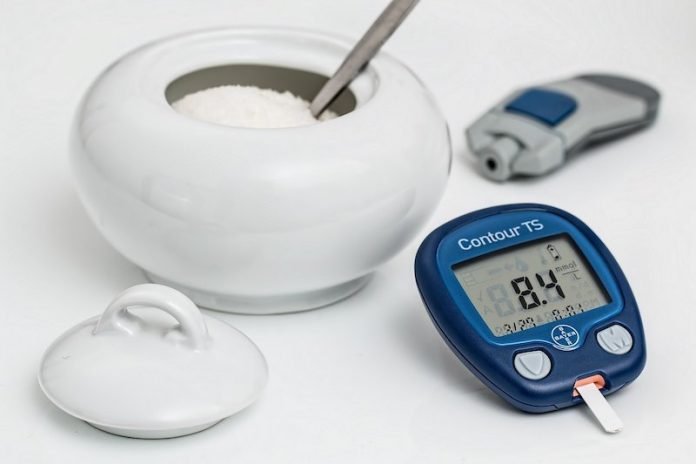
This year marks the 100th anniversary of the discovery of insulin, a scientific breakthrough that transformed type 1 diabetes, once known as juvenile diabetes or insulin-dependent diabetes, from a terminal disease into a manageable condition.
Today, type 2 diabetes is 24 times more prevalent than type 1. The rise in rates of obesity and incidence of type 2 diabetes are related and require new approaches, according to the researchers.
In two new studies from the University of Arizona and elsewhere, researchers found the liver may hold the key to new, preventative type 2 diabetes treatments.
Previous research showed that fat in the liver might be causing type 2 diabetes, but how fat in the liver could cause the body to become resistant to insulin or cause the pancreas to over-secrete insulin remained a mystery.
In the study, the team focused on fatty liver, measuring neurotransmitters released from the liver in animal models of obesity, to better understand how the liver communicates with the brain to influence metabolic changes seen in obesity and diabetes.
They found that fat in the liver increased the release of the inhibitory neurotransmitter Gamma-aminobutyric acid, or GABA.
A naturally-occurring amino acid, GABA is the primary inhibitory neurotransmitter in the central nervous system, meaning it decreases nerve activity.
Nerves provide a conduit by which the brain and the rest of the body communicate. That communication is not only from the brain to other tissues but also from tissues back to the brain.
When the liver produces GABA, it decreases the activity of those nerves that run from the liver to the brain. Thus, fatty liver, by producing GABA, is decreasing firing activity to the brain.
That decrease in firing is sensed by the central nervous system, which changes outgoing signals that affect glucose homeostasis.
In animal models of type 2 diabetes, the team found the inhibition of excess liver GABA production restored insulin sensitivity within days. Longer-term inhibition of GABA-transaminase resulted in decreased food intake and weight loss.
The team also found that in people with insulin resistance, the liver more highly expressed genes involved in GABA production and release.
Further work will examine the use of a commercially available Food and Drug Administration-approved inhibitor of GABA transaminase to improve insulin sensitivity in people with obesity.
If you care about diabetes, please read studies about common anti-inflammation drug may increase diabetes risk very fast and findings of these 3 common supplements may help beat diabetes.
For more information about diabetes, please see recent studies about this diabetes drug may lead to dangerous infection disease and results showing that statin use may fast increase risk of diabetes, skin infections.
The study is published in Cell Reports. One author of the studies is Benjamin Renquist.
Copyright © 2021 Knowridge Science Report. All rights reserved.


